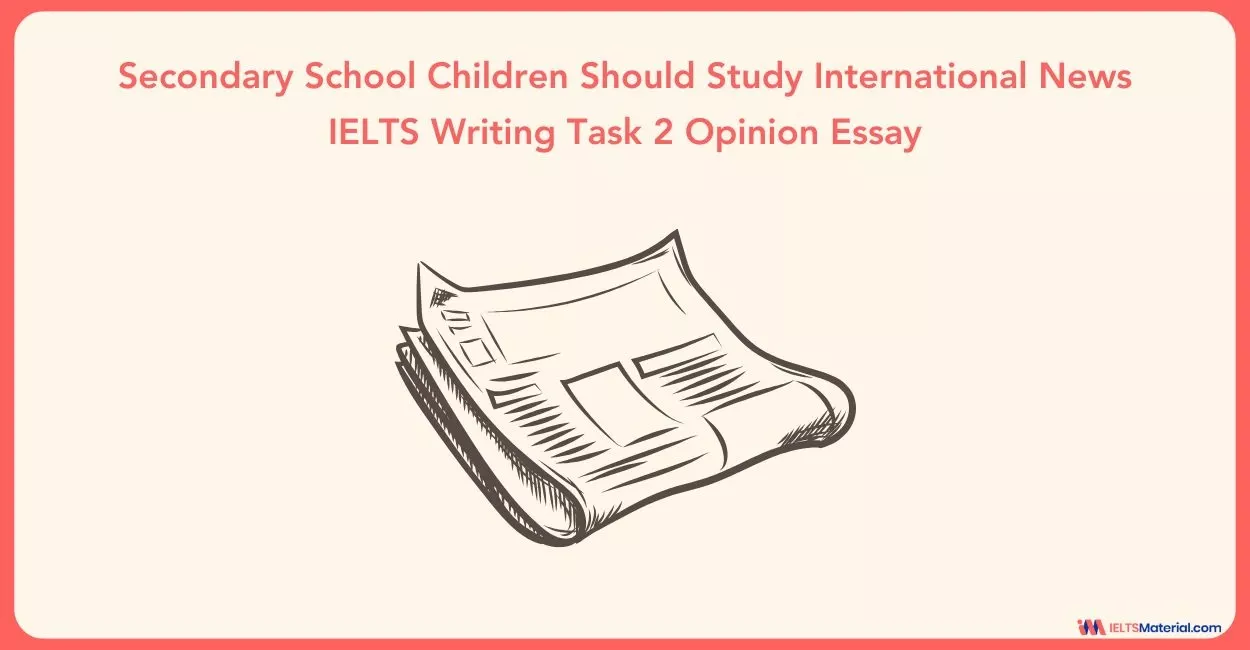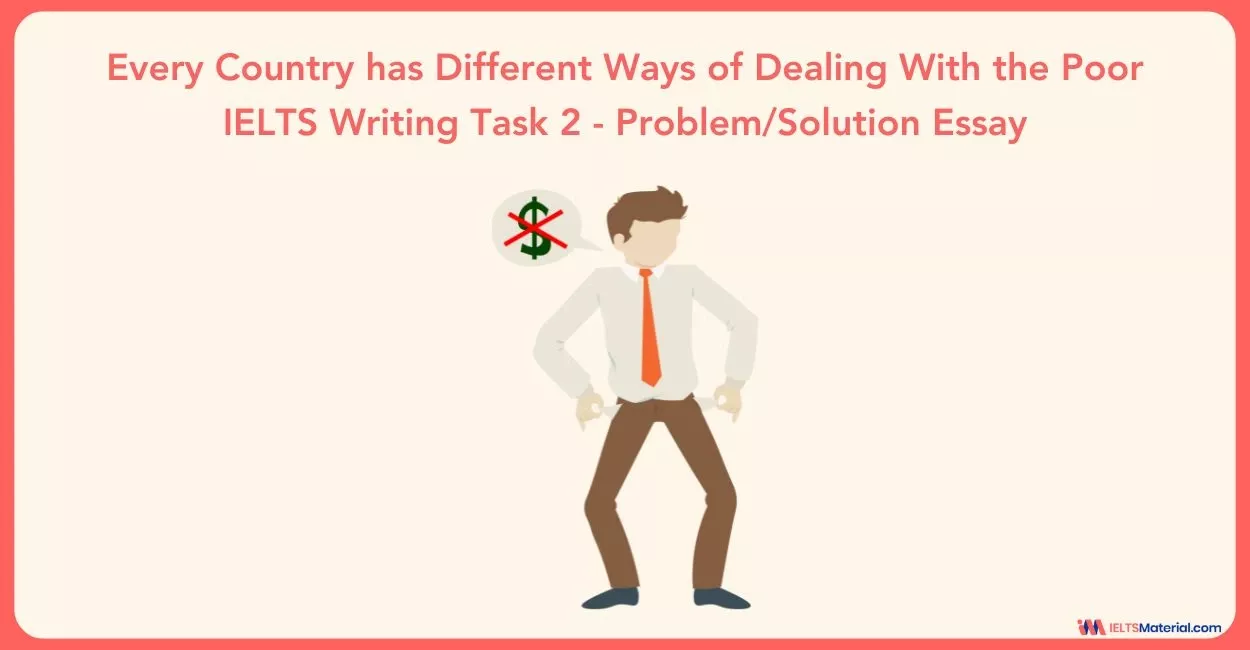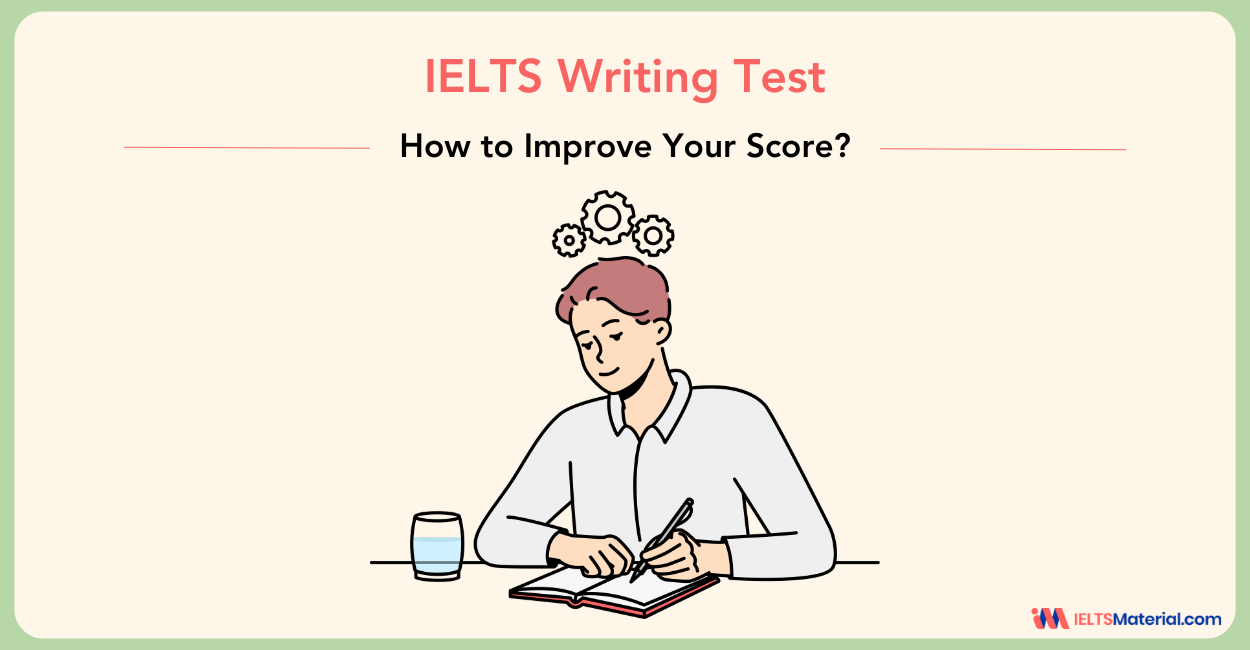IELTS Writing Practice Tests 2025: A Complete Checklist to Improve Your Score
Looking for IELTS Writing practice tests to achieve band 8+? Understand the structure of the IELTS Writing Test and get familiarised with the strategies used by attempting the IELTS Writing Practice Tests 2025: A Complete Checklist to Improve Your Score.
Table of Contents
- Strategies for the IELTS Writing Task 1 to Attempt the IELTS Writing Practice Tests 2025 for a Band 8+
- Strategies for the IELTS Writing Task 2 to Attempt the IELTS Writing Practice Tests 2025 for a Band 8+
- A Complete Checklist for IELTS Writing Tasks
- Academic Writing Task 1 - IELTS Writing Practice Tests 2025
- General Training Writing Task 1 - IELTS Writing Practice Tests 2025
- Writing Task 2 - IELTS Writing Practice Tests 2025
- Self–Study Activities for the IELTS Writing Test

IELTS Writing Prediction Questions for 2024
The IELTS Writing is a challenging but important part which assesses your ability to write in English at a specific level, and your score will have a significant impact on your overall result. There comes the part where the IELTS Writing Practice Tests becomes an important resource for your structured preparation. If you want to improve your IELTS Writing score for your IELTS Writing Test, then it’s important to practice regularly. One of the best ways to do this is to take IELTS Writing practice tests on a regular basis.
There are many different IELTS Writing practice tests available online and in books. When choosing a practice test, it’s important to make sure that it is authentic. This means that the questions and tasks should be similar to those that you will encounter on the IELTS exam. Let's checkout this complete checklist which will guide you and help you score a higher band score.
Let's dive into it!
Want to learn more about the IELTS exam? Book a Free Demo Class today.
Strategies for the IELTS Writing Task 1 to Attempt the IELTS Writing Practice Tests 2025 for a Band 8+
The IELTS Writing Task 1 is broadly divided into two types:
- Writing Task 1 Academic
- Writing Task 1 General
Both tasks cover different areas of writing components where an individual is evaluated for their skill in that particular area.
1. IELTS Writing Task 1 Academic
In the IELTS Academic Writing Task 1, you will be given a visual stimulus, such as a graph, table, chart, or diagram. You will be asked to describe the information in the stimulus in detail. Your response should be objective and factual.
Here are the steps on how to write IELTS Writing Task 1:
- Read the question carefully. Make sure that you understand what you are being asked to do.
- Examine the visual stimulus. Take your time to understand the information that is presented.
- Identify the main features of the stimulus. What are the key points that you need to describe?
- Write an introduction. In your introduction, state the topic of your essay and briefly describe the main features of the stimulus.
- Write body paragraphs. In your body paragraphs, develop each of the main features in detail. Use specific examples and statistics to support your points.
2. IELTS Writing Task 1 General
In terms of the IELTS General Writing Task 1, you will be asked to write a letter for various purposes, such as making requests, providing information, or expressing opinions. To excel in this task, it’s essential to follow a structured approach.
Below, we’ll outline five crucial steps to help you craft a well-organized, coherent, and appropriately styled letter for IELTS Writing Task 1 General to meet the demands of the IELTS examiners.
- Understand the Task
- Read the prompt carefully to understand the purpose and context of the letter. Determine who you are writing to, why you are writing, and what information or request is involved.
- Identify the tone and style required for the letter. Is it formal, semi-formal, or informal? This will dictate your language and formatting choices.
- Plan Your Letter
- Take a few minutes to brainstorm and plan your response. Jot down key points, such as the main message, any supporting details or examples, and the structure of your letter.
- Decide on the appropriate greeting (e.g., “Dear Sir/Madam,” “Dear Mr. Smith,” “Hi Sarah,” etc.) based on the formality of the task.
- Structure Your Letter
- Follow a standard letter format, including a salutation, introduction, body paragraphs, and a closing.
- In the introduction, briefly state the purpose of your letter and establish a friendly or formal tone.
- In the body paragraphs, provide relevant details, explanations, or examples to support your message. Use clear and concise language.
- Organize your ideas logically, using paragraphs to separate different points or topics.
- Maintain a balanced tone throughout the letter, avoiding overly emotional or informal language.
- Use Appropriate Language and Vocabulary
- Choose your words carefully to convey your message accurately and politely. Avoid overly complex vocabulary or jargon.
- Pay attention to grammar, punctuation, and spelling. Errors can negatively impact your score, so proofread your letter before submitting it.
- Use transitional phrases to connect ideas and make your letter flow smoothly.
Indulge yourself with the Complete Edition of IELTS General Writing: Connecting Dots to Words for a Band 8
Strategies for the IELTS Writing Task 2 to Attempt the IELTS Writing Practice Tests 2025 for a Band 8+
In Task 2 of the IELTS Writing Test, you will be given an essay question. You will be asked to write an essay that expresses your opinion on the topic. Your response should be well-organized and supported by evidence.
Here are the steps on how to write IELTS Writing Task 2:
- Read the question carefully. Make sure that you understand what you are being asked to do.
- Brainstorm ideas. What are your thoughts on the topic? What evidence can you use to support your opinion?
- Plan your essay. Decide how you are going to organize your ideas.
- Write an introduction. In your introduction, state the topic of your essay and give your opinion on the topic.
- Write body paragraphs. In your body paragraphs, develop your opinion in detail. Use evidence to support your points.
- Write a conclusion. In your conclusion, summarize your main points and restate your opinion on the topic.
A Complete Checklist for IELTS Writing Tasks
Now that you are familiar with the types of Writing tasks and also understood the strategies to be followed, let's have a complete checklist for the IELTS Writing Tasks. These will direct you and guide you as you prepare yourself and try to attempt the Writing modules.
| Topic | Questions to be asked |
| Task Response | Have you answered the question fully and accurately? |
| Coherence and Cohesion | Is your writing well-organized and easy to follow? |
| Lexical Resource | Have you used a variety of vocabulary and grammar? |
| Grammar Range and Accuracy | Is your grammar correct? |
| Spelling and punctuation | Are there any spelling or punctuation errors? |
| Style | Have you used a formal style of writing? |
| Content | Have you included all the relevant information? |
| Organization | Is your writing well-organized? |
| Paragraphing | Have you used paragraphs to separate your ideas? |
| Introduction | Does your introduction clearly state the topic of your essay? |
| Body paragraphs | Do your body paragraphs develop your ideas in detail? |
| Conclusion | Does your conclusion summarize your main points? |
Academic Writing Task 1 - IELTS Writing Practice Tests 2025
The IELTS writing practice tests below cover almost every visual representation with sample band 9 answers. You will also get first-hand knowledge of how to write a report with appropriate vocabulary.
Unlock Practice Tests
Access 8+ Practice Test Pages Instantly!
General Training Writing Task 1 - IELTS Writing Practice Tests 2025
The IELTS General Writing Practice Tests have been provided with the sample band 9 answers. This will help you enhance your writing skills along with the tone of the letter, appropriate vocabulary words, and the structure of the letter.
Unlock Practice Tests
Access 8+ Practice Test Pages Instantly!
Writing Task 2 - IELTS Writing Practice Tests 2025
The IELTS writing practice tests below contain all types of essay questions with sample band 9 answers by our team of IELTS experts. You will get a plethora of essay ideas and topic-related vocabulary.
Unlock Practice Tests
Access 20+ Practice Test Pages Instantly!
Check out the Tips & Tricks for cracking IELTS
Self–Study Activities for the IELTS Writing Test
- Write emails to website contacts. This is a great way to practice writing informal English. Be sure to proofread your emails before sending them.
- Write a blog. This is a great way to practice writing in a variety of styles. You can write about your own experiences, thoughts, or interests.
- Write a daily journal. This is a great way to practice writing about your thoughts and feelings. It can also help you to improve your grammar and vocabulary.
- Write a letter to an English speaker. This is a great way to practice writing formal English. Be sure to proofread your letter carefully before sending it.
- Summarize lectures, news, and sports events that you have read or heard online. This is a great way to practice summarizing information. Be sure to use your own words and avoid plagiarism.
Here are some additional tips for improving your IELTS Writing score for your IELTS Writing exam:
- Get feedback from a qualified teacher or tutor.
- Read and analyze sample essays.
- Use a grammar checker to identify and correct errors.
- Practice writing different types of essays.
- Build your vocabulary.
Looking for the latest IELTS practice test? Enroll in our IELTS Online Classes and take a step towards achieving a band 8+.
By following these tips on IELTS writing tests, you can score a band 8+ and increase your chances of success on the exam. With the right tips, strategies, and examples, you will be able to write clearly, concisely, and create well-organized essays. Remember that the more you practice, the better you will become at writing in English.
Also Check :
Frequently Asked Questions
What is the distribution of marks for writing task 1 and writing task 2?
How does writing task 1 differ for the Academic and General module of IELTS?
How should I practise writing task 2?
What are the golden rules to be followed while writing an essay?
How long should the essay be?
Explore IELTS Writing

Proven tips to score Band 9 in IELTS Writing
Explore other Writing Practice Tests



Recent Articles
Haniya Yashfeen

Kasturika Samanta







Post your Comments
8 Comments